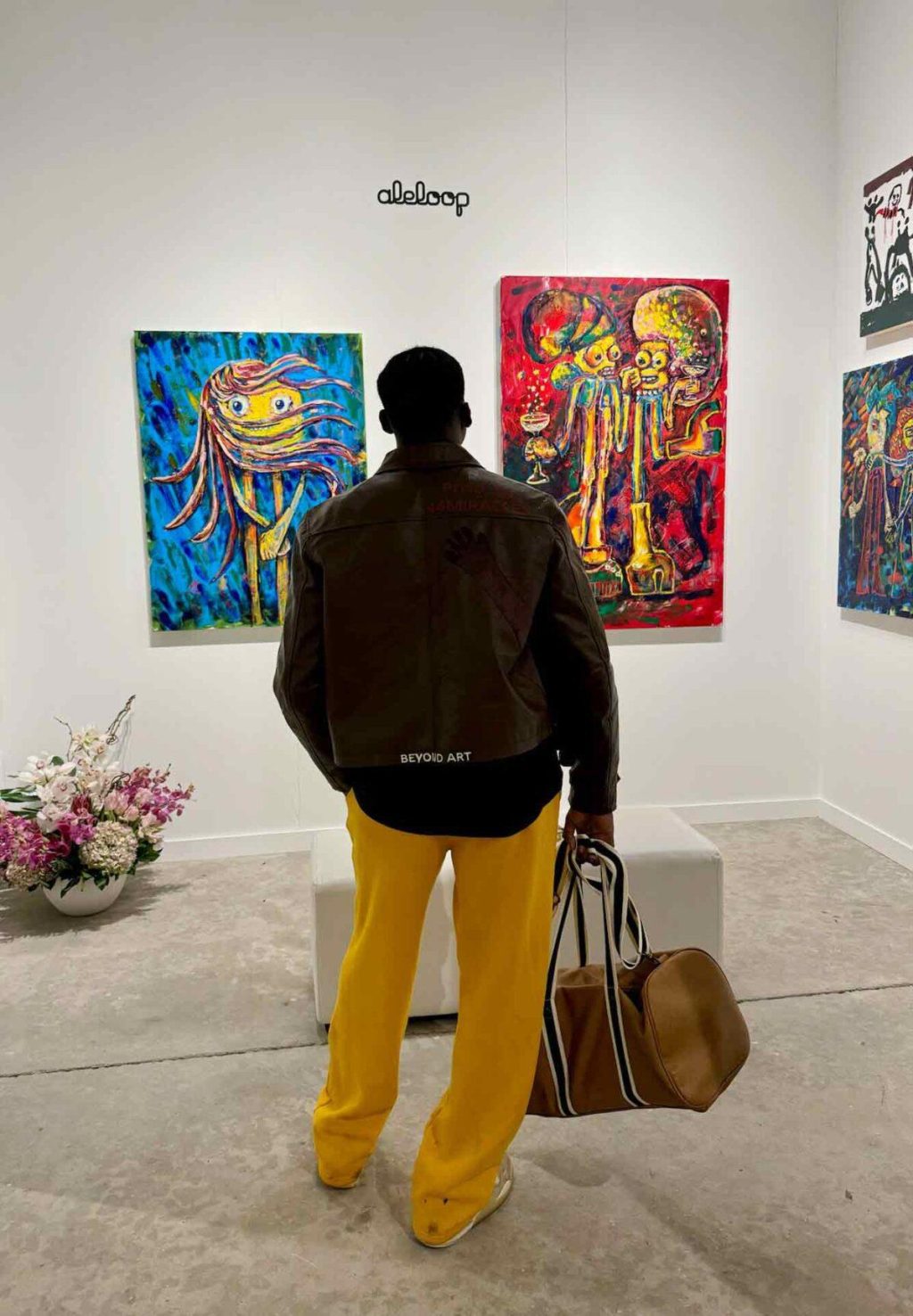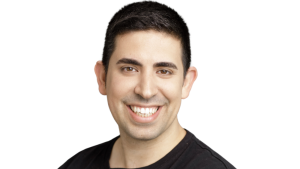Procrastination is a cultural plague, not laziness

Photo courtesy of Alejandra Leibovich.
Opinions expressed by Digital Journal contributors are their own.
Alejandra “Aleloop” Leibovich reframes our quietest rebellion.
If you’ve ever stared at a blank page, scrolled aimlessly, or reorganized your desk for the seventh time before starting the thing that matters, Alejandra Leibovich understands you. The artist and former creative director doesn’t see procrastination as weakness, she sees it as resistance. Not to work itself, but to authority.
“We grow up obeying invisible rules,” she says, reflecting on the hierarchy she once internalized in creative industries. “At some point you realize the voice that tells you you’re not ready isn’t yours, it’s inherited.”
That idea has become a foundation for her forthcoming graphic novel, Let Me Think About It, and for the cultural critique woven through all her work. Leibovich argues that what we call procrastination is less a failure of willpower than a symptom of control, how fear of judgment, learned in childhood and reinforced by institutions, turns into self-censorship disguised as delay.
The myth of motivation
Modern culture has professionalized productivity. We track time, optimize calendars, and download apps to squeeze creativity into workflow. Yet study after study has found that procrastination has little to do with laziness.
A University of Sheffield study by Psychologists Fuschia Sirois and Timothy Pychyl described it as emotion regulation failure, a way of avoiding negative feelings such as anxiety or self-doubt. Having spent decades producing animated campaigns for MTV, VH1, and Nickelodeon, she knows the cost of constant performance. “You’re rewarded for speed, but speed doesn’t mean meaning.”
When she left network life to build her own creative universe, that conditioning followed her. She found herself hesitating, second-guessing, inventing elaborate rituals to postpone creation. Instead of treating that behavior as a flaw, she began to study it, through drawing, humor, and storytelling.

Drawing out fear
Her sketchbook became a mirror. “I realized how much fear was living inside everyday routines,” she explained. In her doodles, fear became a character, a mischievous, logical trickster whispering reasons not to act. That figure eventually evolved into one of the voices in her graphic novel.
By giving fear a face, Leibovich turned procrastination into narrative. For her, it’s also an artistic act, a way to transform paralysis into play, humor is crucial. “If you can laugh at the thing that scares you, you stop giving it power.”
Her creatures, the “Eternal Misfits”, embody that logic. Each represents a human emotion made visible: anxiety, distraction, rebellion, delight. They populate her paintings and soon, her podcast Bedtime Stories Interrupted, which captures her instinct for turning chaos into connection.
Cultural Conditioning, Personal Rebellion
Leibovich’s argument isn’t only personal; it’s cultural. She sees procrastination as a collective side effect of systems built on obedience, schools that reward compliance, workplaces that equate productivity with virtue. “We confuse activity with value,doing is currency, even when it’s empty.”
Leibovich’s insight reframes that hesitation as part of the process. In her world, fear is data, delay is dialogue. The point isn’t to eliminate procrastination but to listen to it, to ask what authority it’s responding to and what story it’s trying to protect.

Making space for the pause
There’s an almost spiritual undertone to her stance. In a culture addicted to acceleration, she proposes pause as an act of rebellion. Her art doesn’t preach productivity, it celebrates reflection. “Sometimes not doing is the most honest thing you can do,” she says.
The message resonates precisely because it resists self-help clichés. Leibovich isn’t offering hacks, she’s offering permission, to slow down, to question inherited authority, to create without apology.
In the end, Alejandra Leibovich’s critique isn’t about time management. It’s about freedom. When she speaks of procrastination as cultural, she’s diagnosing something deeper than distraction, the human instinct to delay when authenticity collides with expectation.
Her philosophy lands somewhere between art therapy and social commentary, an argument for hesitation as a creative right.
As she puts it, “Procrastination isn’t the enemy. It’s the conversation you’ve been avoiding.”
And in that quiet, she’s found not just her next project, but her purpose. Teaching the world that the pause is part of the masterpiece.
Procrastination is a cultural plague, not laziness
#Procrastination #cultural #plague #laziness






